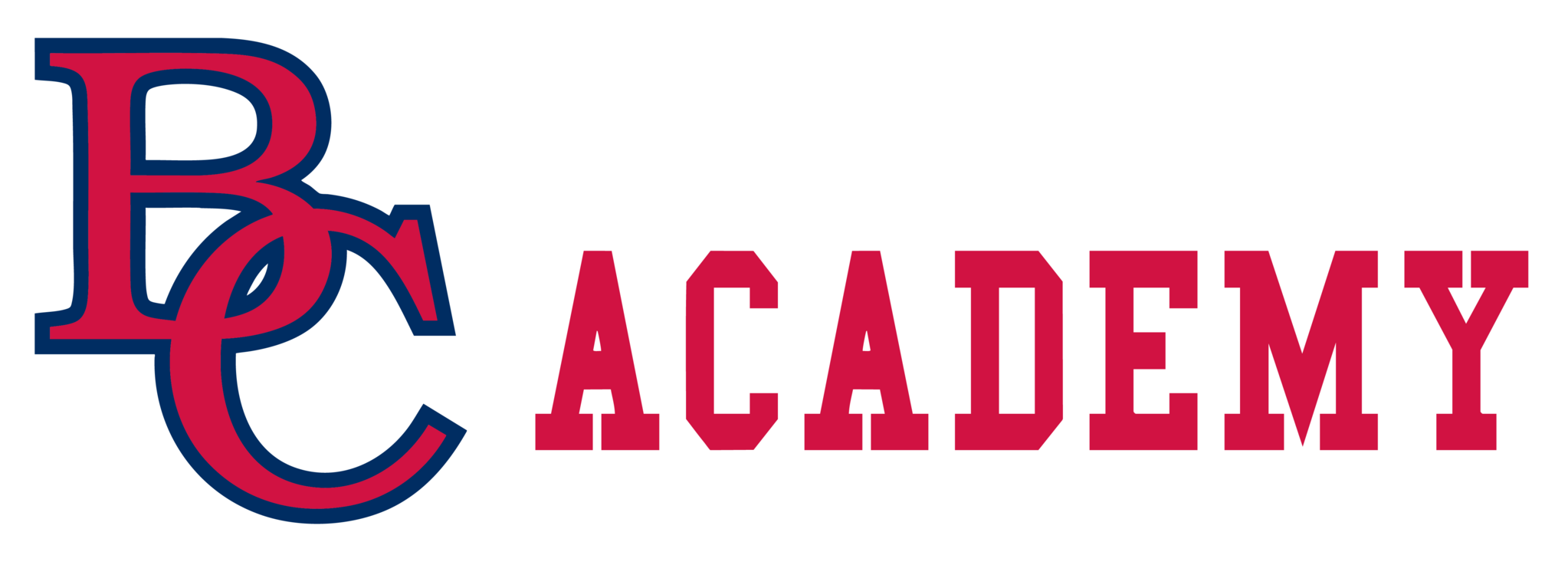Our Curriculum and Assessment
Bay City Academy aligns its instruction with the Common Core State Standards (“CCSS”). By following the CCSS and using classroom, district, and state data to drive instruction, we are able to fulfill our educational goals.
Bay City Academy ensures students develop a broad base of skills and an appreciation for fine arts, language arts, science, and mathematics. Teachers are trained on the essential components of the program and how to organize and structure their classrooms to be effective while differentiating instruction to meet the individual needs of each student. We use inquiry-based learning models in social studies and science, where students explore concepts, think critically, and demonstrate creativity through projects, research reports, presentations, experiments, service learning, and more.
Curriculum Overview
English/Language Arts:
- Includes reading, writing, speaking, and listening.
- Aligned to Common Core State Standards.
- Bookworm's ELA curriculum includes integrated reading and writing units based on research and best practices.
- Computer-aided programs, such as MobyMax and SuperKids, supplement reading skills and enhance comprehension.
- Leveled books from Learning A through Z are used to enhance small-group differentiated reading instruction to fill learning gaps.
Mathematics:
- Includes computation, number sense, problem-solving, statistics, algebra, geometry, and measurement.
- Aligned to the Common Core State Standards.
- The Everyday Math 4 curriculum balances conceptual understanding, visual learning, and problem-solving through hands-on and real-world experiences.
- Computer-aided programs, such as MobyMax and Khan Academy, supplement reading skills and enhance math proficiency.
- Basic math facts are reinforced through daily practice.
Science:
- Includes Earth/Space, Life, Physics, Engineering, Chemistry, and Application of Science.
- Project-based inquiry learning is emphasized.
- Aligned to Next Generation Science Standards based on engaging in scientific investigation.
- K-6 uses Mystery Science to explore concepts, enhance their knowledge, and demonstrate their learning.
Social Studies:
- Includes Geography, History, Civics, Economics, and Government.
- Aligned to Michigan State Standards.
- Studies balance disciplinary content and processes and skills that contribute to responsible citizens.
- Effective social studies instruction and assessment incorporate methods of inquiry, involve public discourse and decision-making and provide opportunities for citizen involvement.
Character Education:
- Includes the skills necessary to be successful and happy in the classroom and life beyond the school environment.
- Students practice and learn tools for building Respect, Responsibility, Kindness, Getting Along, Optimism, Work Ethic, Honesty, and Citizenship.
Technology:
- Students can use Chromebooks to learn word processing skills, database management, spreadsheet development, and internet safety.
Fine Arts:
- Students in all grades can access fine arts opportunities in music, theater, and visual art.
BAISD Career Center:
- All 11th and 12th graders attending Bay City Academy must attend the BAISD Career Center.
Assessment Overview
One essential element of ensuring student success is using assessments to drive instruction. At Bay City Academy, we use ongoing progress monitoring and classroom, district, and state assessments to help measure student progress.
Here are the ways we measure student learning at Bay City Academy:
Teacher Developed Tests:
- All teachers routinely assess their students on various lessons and units.
- These assessments are graded and comprise the report card grade that parents receive.
Reading Tests:
- All elementary students (K-5) are tested with MLPP and Easy CBM. The testing cycle is the academic school year's beginning, middle, and end.
- Initial Assessments:
- Alphabet Recognition and Sounds
- Phonemic awareness
- TAAS
- Concepts of Print
- Fry Words
- NWEA
- Progress Monitoring: EasyCBM
- Fluency of letters
- Fluency of words
- Fluency of passages
- Initial Assessments:
- Results from testing are available to parents on the report cards quarterly.
- We use research-based assessments as a baseline to drive the instruction to meet our students' needs.
Northwest Evaluation Association (NWEA):
- Students in grades K-11 take the computerized MAP test three times a year, and we can measure their academic growth in reading and math.
- We are also able to show progress school-wide using this test.
- It is a very effective test for schools to use not only because of the national standards but also because the results are available right away, which allows teachers to adjust instruction to help fill learning gaps.
M-STEP Tests
- This is the state-required test for grades 3-8 and 11 in various subject areas.
PSAT and SAT
- Students in grades 8-11 are required to take the national standardized testing.
Cooperative and Individual Projects
- Students are assigned projects in various subjects that teachers assess.
- These are designed for students to demonstrate learning within our curriculum.





